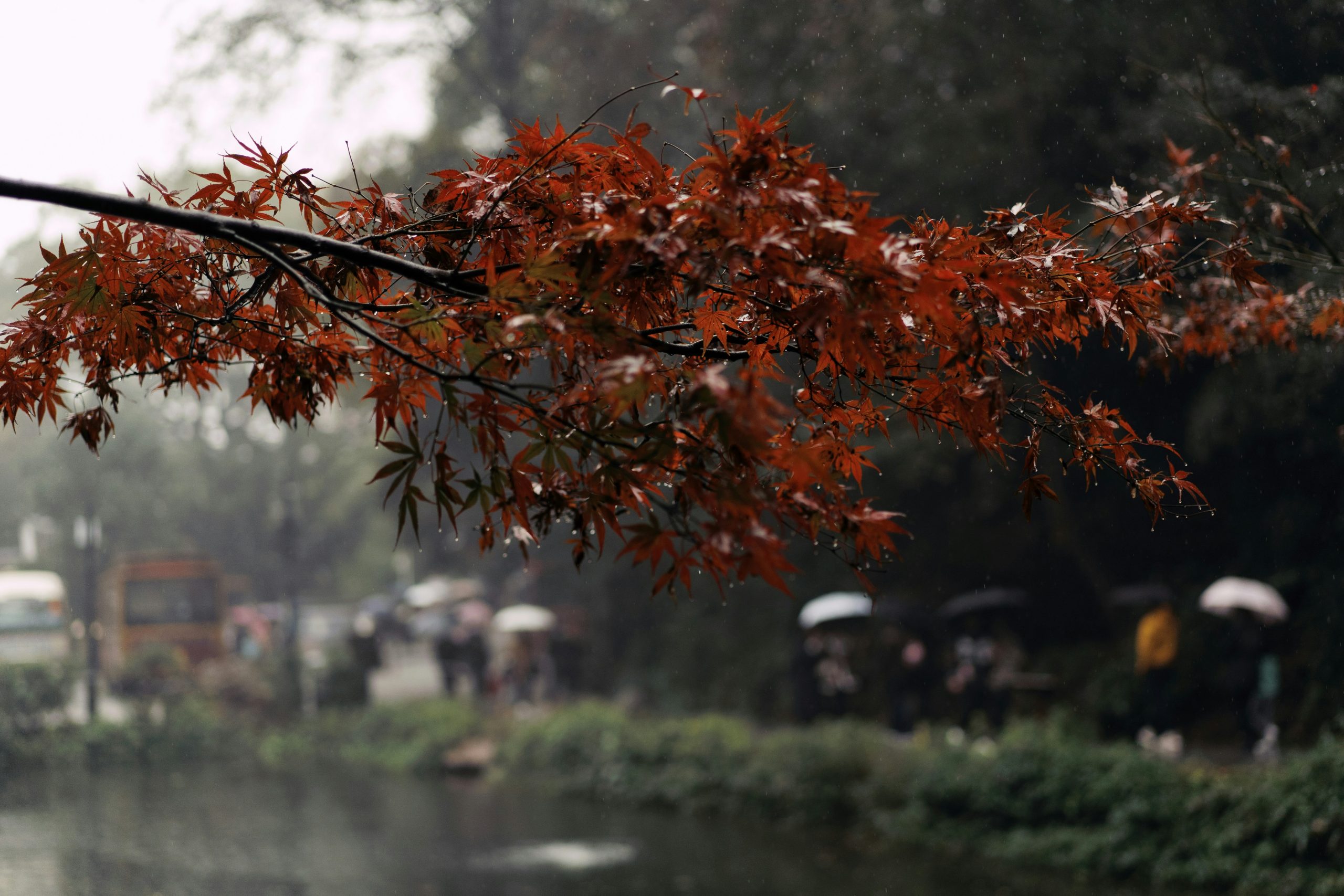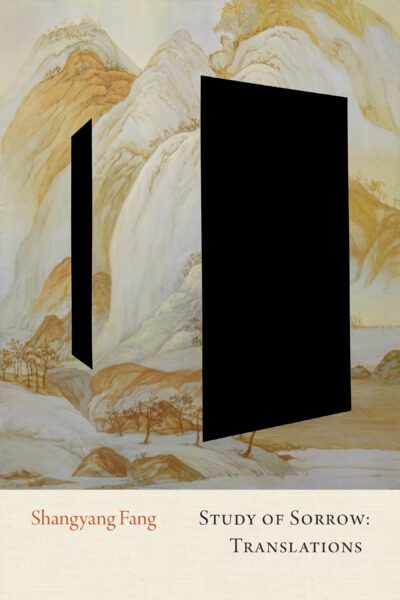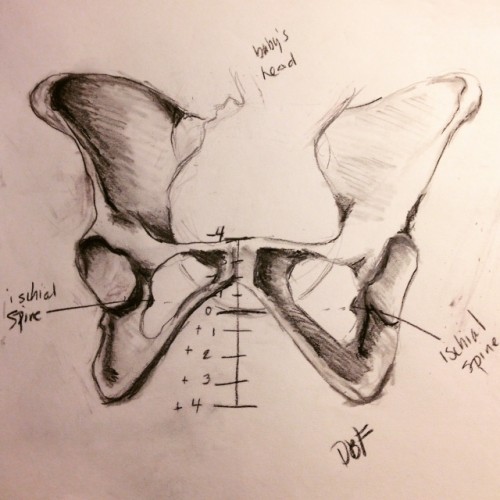‘Listening to Rain’ and Other Poems
Five poems from the Song dynasty that explore solitude, impermanence, and autumn grief The post ‘Listening to Rain’ and Other Poems appeared first on Tricycle: The Buddhist Review.

In the winter of 2022, poet Shangyang Fang found himself plunged into isolation in the midst of a heavy snowstorm in Walla Walla. “As an immigrant who had spent nearly half my life in the States, writing in a second language far from home and family, I thought I understood solitude,” he writes. But in the depth of winter he encountered a new level of seclusion. Standing on his balcony, he searched for words to describe the snow—and found himself turning to words written nearly a millennium ago by the ci poet Jiang Kui.
In the years since, Fang has translated nearly one hundred ci poems from the Song dynasty (960–1279), many of which are presented in English for the first time in his new collection, Study of Sorrow. Rooted in oral traditions (ci literally means “lyrics”), ci poems were written to be sung, and their titles often reflect the musical pattern to which they were composed. While ci poetry was initially dismissed as “poetry’s remnants” and viewed as inferior to the classical tradition of shi, over time it evolved into a serious literary form known for its emotional power and astute explorations of grief, solitude, and impermanence, with special attention given to spring melancholy and autumn grief (伤春悲秋).
For Fang, these translations can never perfectly capture the sentiment of the original—as he writes, “In translation, the original is shattered and its fragments reassembled into a third entity—an exile that neither fully embodies the source’s beauty nor feels completely at home in its new linguistic habitat.” The resulting poems are in flux, existing in a between space that is impossible to pin down. According to Fang, this is what makes translation the ideal poetic form—it forces us to grapple with the limits of language and, in the process, shift our perception of the world around us. “Language is the structure through which we experience and interpret the world,” he remarks. “By shattering this structure, even with a small crevice, I hope that with that slim infiltrating light, we can view the rigid world a little differently than before.”
–Sarah Fleming
***
To the Tune “Qian Qiu Sui: A Thousand Autumns Old”
By Zhang Xian
The plump cuckoo cries, foreshadowing the end
of all florescence. To keep the spring, I snip off
a sprig of sighing scarlet. The plums turn green
in the light rain. A willow in the deserted yard
pieces together a snow day with its flying fluffs.
Don’t touch the sharp pipa strings that reveal
to us our own insufferable heartache. The heart
is a messy net laced with a thousand loops and
ten thousand knots. As long as the sky doesn’t grow
old, love shall not see its end. Night has ended.
At my east window, the broken moonlight congeals.
To the Tune “Shui Diao Ge Tou: Song of Water”
By Su Shi
Since when has the moon been up there?
Lifting my wine cup, I ask the sky. What season is it
for the immortals in the palace of clouds?
I would ride up there on the horses of gale, but I fear
the winter in the transparent palaces made
of crystal and onyx would erase my shadow. I dance
with my shadow and know it is still good
to be in this world. Curving past the crimson chamber,
the moon hangs low in the window to be with
the sleepless travelers. The moon shouldn’t detest us mortals,
but why is it always beautiful when men part?
How we never get used to the joy in meetings, fear
parting, toyed with by the moon’s wax and wane.
This brokenness we must get used to. Friend, I wish you
a long life from a thousand miles away.
Night after night, a moon hangs up in two windows.
Passing Dong Ting Lake
To the Tune “Nian Nü Jiao: Remembering the Singing Lady”
By Zhang Xiaoxiang
At Dong Ting, the glasslike grasses
seem an extension of the lake. There isn’t a trace of wind
on the Moon Festival; everything is kept
to itself. The lake water burnished
like a giant mirror and the boundless rice fields ripening
into maroon gemstones, and among them I ride on a wood raft,
like a leaf crossing the quiet color of the moon,
beside which the bright galaxy pours
a torrent from heaven wetting the lake stars. My heart
seems to be made of that lucid water,
a clarity inside me which words cannot display.
Thinking about my youthful years working in the remote
areas of Lingnan, alone with the same moonlight
that had filled my lungs and liver with frosted ice.
Now that I’m old, with shaved hair and thin clothing, I feel
a vastness inside of me. Let me pour empty
the River West as wine, use the Big Dipper as a ladle
and invite all worldly things as my guests.
The world is just a passing guest of my mind. Alone I strum
my zither and sing, forgetting what year it is,
while time keeps passing through my body, so time lives.
Listening to Rain
To the Tune “Yu Mei Ren: The Beautiful Lady Yu”
By Jiang Jie
In my boyhood, I listened
to the rain at the lavish tower—melodies
and candle flame flicker
dimly across the gauze curtain.
In my adulthood, I listened
to the rain on a rootless boat—
clouds level with the inlet, a goose shrieked,
colder than the west wind.
Now I live at a monk’s cottage—
my sideburns, star-stained.
My heart has changed.
Something is falling, drop by drop till dawn.
To the Tune “Chou Nü Er: Ugly Doll”
By Xin Qiji
When I was young, I knew
nothing about sorrow. Still, I loved
going up the high tower. Up
on the high tower, I wrote poems
with my imagined sorrow.
Now that I’ve tasted every
bite of sorrow, I want to spit it out;
I can’t. Having chosen
to reside with silence, I say:
This autumn day is cool and beautiful.
张先 Zhang Xian (990–1078), a poet and politician of the Northern Song dynasty, earned the epithet Zhang of Three Shadows for his notable use of the word “shadow.”
苏轼 Su Shi (1037–1101), also known as Su Dongpo, was a multifaceted figure in the Northern Song dynasty. He excelled in poetry, essays, calligraphy, painting, gastronomy, and travel writing. He had a lengthy career in bureaucracy, including briefly serving as a senior official at the imperial court. Su Shi faced political challenges due to his outspoken criticism and involvement in rivalries, and his creative career flourished during periods of political exile. He is one of the most accomplished figures in classical Chinese literature. Among his many contributions is the famous dish Dongpo meat, a preparation of pork belly that is panfried and then red-cooked, a beloved culinary classic in China.
张孝祥 Zhang Xiaoxiang (1132–1170) was a poet and politician of the Southern Song dynasty. In an era marked by conflict, he exhibited a strong sense of patriotism, as reflected in his ci, which are celebrated for their audacious artistic expression. Dissatisfied with the political climate of the Southern Song court, he chose to resign from his position. He passed away at the age of 38.
蒋捷 Jiang Jie (1245–1305) was celebrated for the lightness of his language, his intricate musicality, and the invention of nuanced poetic phrases. In 1274, he achieved the jinshi degree, the highest honor in the imperial examination. Following the fall of the Southern Song, Jiang Jie refused to serve the Yuan court and vanished from public life. Renowned for his evocative line “The floating light of days, leaving us behind, reddens the cherries, greens the plantains,” he earned the title Jinshi of the Red Cherry.
辛弃疾 Xin Qiji (1140–1207) was a poet, calligrapher, and military general during the Southern Song dynasty. His grandfather named him after a legendary military commander from the Western Han, hoping he would recover the occupied land of the Northern Song. At the age of 22, he commanded fifty cavalries and fought through thousands of soldiers. This victory gained Xin a place in the Southern Song court, which supported an appeasement policy. His advocacy was silenced, and he was sidelined to remote provinces, where he improved irrigation systems and helped relocate peasants—and wrote poems for forty years. Xin’s poems achieved a balance between direct and bold in tones and dense, sophisticated literary and historical allusions.
♦
From Study of Sorrow: Translations, copyright 2025 by Shangyang Fang, used by permission of Copper Canyon Press, www.coppercanyonpress.org.

 JimMin
JimMin 
































